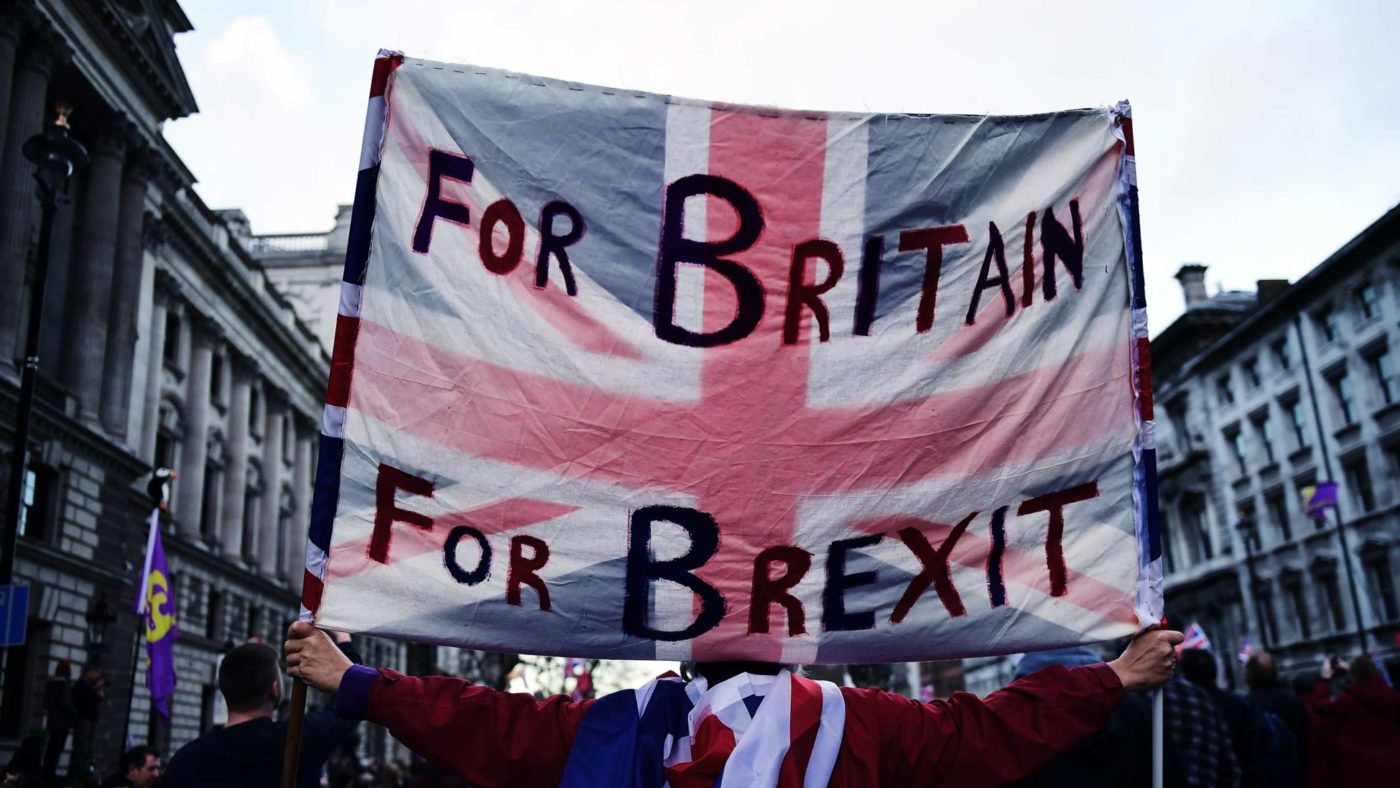Buried in the blizzard of this week’s Brexit news was a truly shocking opinion poll. For the first time in decades, the Conservatives and Labour have been relegated to third and fourth place.
Who are the alternative parties that have smashed Britain’s political duopoly?
One represents voters distraught at what they see to be the two main parties’ drift to the extremes and supports high levels of immigration, aid to poorer countries and a raft of other policies lumped together as socially liberal.
Another speaks for those who are fed up with a political class that is out of touch with the needs of ordinary people, wants to reduce immigration, takes a tough line on law and order and thinks the government has become too much of a nanny state.
Before any Tory or Labour officials panic, these parties are entirely fictional.
As part of a fascinating set of polling this week, Lord Ashcroft asked voters who they would plump for if the list of parties included these hypothetical alternatives (which he calls New Party A and New Party B, respectively). The results are as follows: New Party B topped the poll, with 27 per cent of the vote. New Party A came second, with 24 per cent.
But what is it about these parties that makes them so popular? Is it their ideological positioning? Or is it that they have the huge strategic advantage of not actually existing?
Back in the real world, after all, there is no shortage of smaller parties occupying very similar spaces – and conspicuously failing to bring down the system.
The most telling thing is that when you ask voters how they’d feel about these new parties if they included former Conservative or Labour MPs, the enthusiasm starts to wane.
In fact, the key message of Ashcroft’s polling is quite how widespread, and intense, anti-politics sentiment has become.
Just under half of voters don’t feel that their opinions are represented by any of the current political parties. Only one in three agree that ‘between them the political parties currently represent a very broad range of opinion, so when it comes to elections, I can generally find one to vote for that more or less represents my point of view’.
Conventional wisdom dictates that Westminster is more divided than ever before, with the centre ground of British politics there for the taking. And 41 per cent agree with that view. But almost as many – 38 per cent – think that the parties have become too much alike. Which is a staggering statistic in the age of Jeremy Corbyn.
These voters, it seems, aren’t looking at policies – they’re just furious with the political class as a whole. In focus groups conducted alongside the polling, two descriptors commonly used to describe both main parties were ‘untrustworthy’ and ‘out of touch’.
Since Ashcroft spoke to voters, Brexit Day has been and gone. That failure to deliver on the referendum verdict in good time will undoubtedly have further consequences for the relationship between voters and their representatives. Anti-politics feeling, in other words, is only going to get worse.
I used to believe – as others have argued on CapX – that the Brexit vote had lanced the boil of populism. Across Europe, populist parties – some more sinister than others – were making devastating inroads. Yet in Britain, it was UKIP that collapsed (and even that version of UKIP was far milder in its rhetoric and policies than many of its insurgent peers).
Yet that view rested on the naive assumption that Westminster would actually manage to deliver Brexit. There is no longer anything inevitable about the UK’s departure from the European Union. And it’s hard to see how the consequence of that broken promise would be anything other than an avalanche of anger – one that would make the last few years look positively sedate.
CapX depends on the generosity of its readers. If you value what we do, please consider making a donation.


